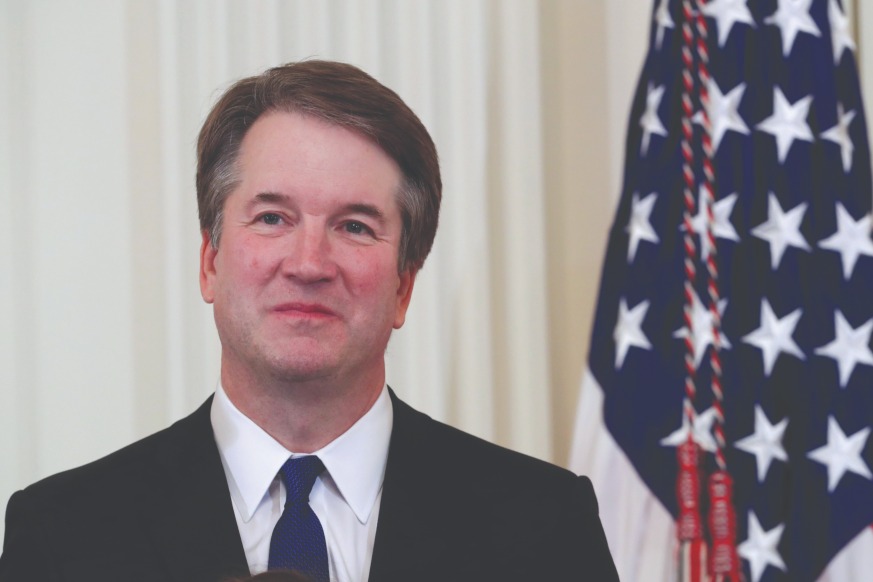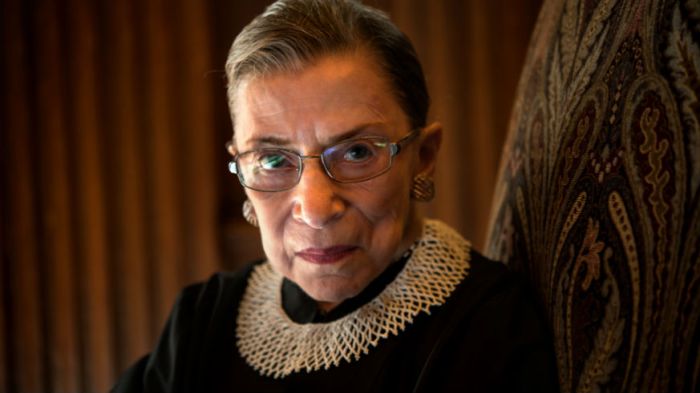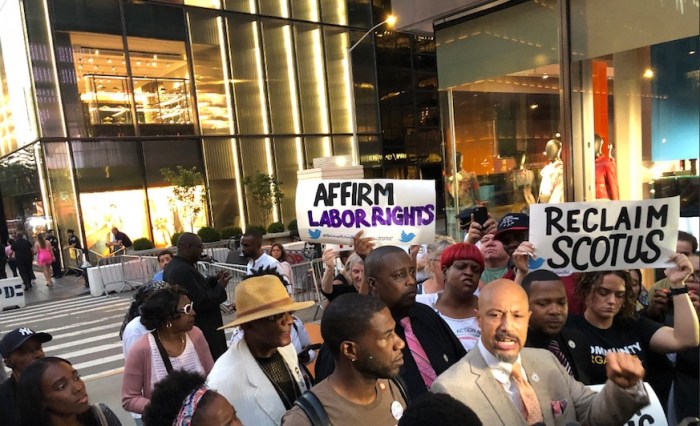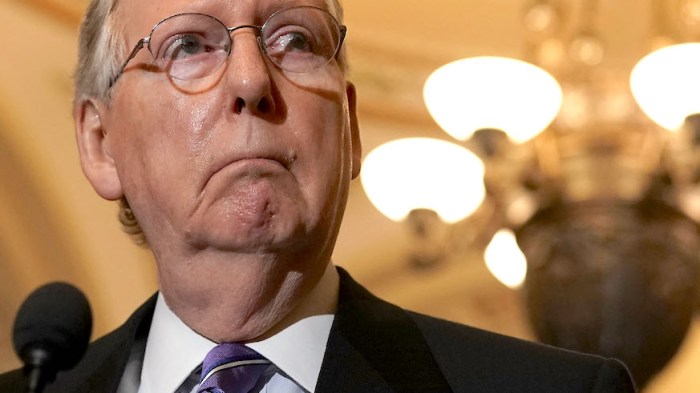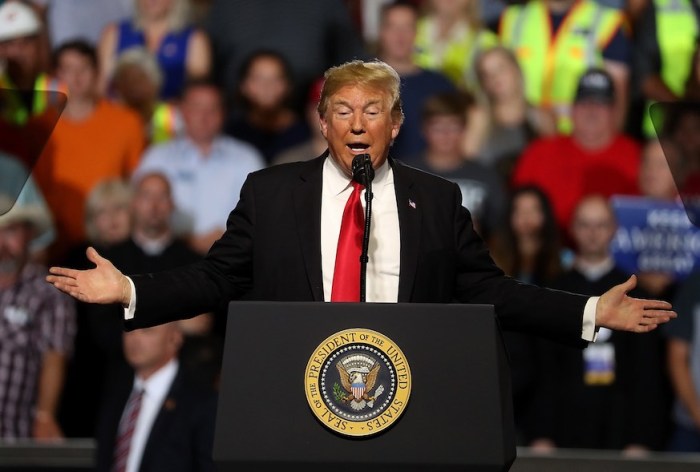There were no shortage of fireworks during the first day of Senate hearings on Brett Kavanaugh, President Trump’s second nominee for the Supreme Court. Democrats complained that the White House was withholding thousands of documents on Kavanaugh’s record and called to adjourn the hearings, and more than a dozen protesters were removed from the gallery. Ultimately, committee chairman Chuck Grassley maintained the hearing would proceed and that Kavanaugh would have a chance to speak for himself during senators’ questioning.
It’s far from certain anything new will be learned about Kavanaugh, whom progressive groups fear will pose a threat to abortion rights, same-sex marriage and more — Supreme Court nominees have become expert at giving non-answers during their confirmation hearings. Here’s what we know about Kavanaugh’s views now.
Brett Kavanaugh on Roe v. Wade
Reproductive-rights groups are seriously concerned that the appointment of Kavanaugh, a Catholic, would lead to a reversal of Roe v. Wade. As a judge on the Washington, D.C., Circuit Court, Kavanaugh issued one ruling concerning abortion. In the case of a 17-year-old undocumented immigrant who was seeking the procedure, he dissented from the majority and declared that she shouldn’t be allowed to obtain one.
Brett Kavanaugh on the Affordable Care Act
Kavanaugh has never explicitly approved or condemned the Affordable Care Act, a.k.a. Obamacare. When a lawsuit challenging the health-care law came to the D.C. Circuit Court in 2011, Kavanaugh dissented from the 2-1 ruling in Obamacare’s favor — saying the court had no jurisdiction to hear the case — and wrote an opinion that contained both supportive and dismissive views. He described the law requiring people to have health insurance as “unprecedented,” writing “there seems no good reason that [the administration’s] theory would not ultimately extend as well to mandatory purchases of retirement accounts, housing accounts, college savings accounts, disaster insurance, disability insurance, and life insurance, for example.” But he said the courts “should be wary of upending” lawmakers’ attempts to help Americans obtain quality health care. Kavanaugh also echoed the Supreme Court’s ruling that the Affordable Care Act’s individual mandate was a tax. That rankled some conservatives, who argue that view isn’t conservative enough.
Brett Kavanaugh on same-sex marriage
How Kavanaugh might rule on same-sex marriage is unclear — the Daily Beast called his record “a fairly blank slate” — but he has repeatedly been backed by the Family Research Council, an anti-LGBTQ group. According to NBC News, Kavanaugh was “promoted heavily by the Family Research Council in 2005” for his D.C. Circuit Court appointment. In June, the FRC again endorsed him for the Supreme Court. LGBTQ groups see an ominous sign in his record: In a case anticipating the Supreme Court’s Hobby Lobby case, Kavanaugh mused that requiring an employer to provide contraceptive coverage could violate their religious freedoms.
Brett Kavanaugh on the environment
Kavanaugh’s rulings and writings on the environment are firmly conservative. He struck down an EPA ruling that 28 states had to reduce toxic emissions, because such emissions tend to travel across state lines. In a separate 2016 case challenging the EPA’s new guidelines for reducing greenhouse gases, he commended the EPA’s efforts to reduce climate change — “The policy is laudable,” he said. “The earth is warming. Humans are contributing. I understand the international impact and the problem of the commons” — but ruled against the EPA, saying Congress, not a government agency, should set environmental policy. He also struck down a 2015 EPA rule and held that companies could use hydrofluorocarbons (a greenhouse gas) in their products.
Brett Kavanaugh on net neutrality
Kavanaugh is not in favor of net neutrality, in which the internet is treated as a utility and internet companies can’t charge customers more for different types of content. Last year, Kavanaugh stated the FCC’s net neutrality rule is “unlawful and must be vacated.” He objected to the lack of Congressional approval, declaring that “major agency rules of this kind” must be authorized by Congress, not the FCC. Kavanaugh also argued that net neutrality violates the First Amendment because it “infringes on Internet service providers’ editorial discretion.”
Brett Kavanaugh on the investigation of a president
Some have accused President Trump — who is now essentially an unindicted co-conspirator in the Russia investigation — of nominating a judge who has specifically written against investigating a sitting president. In a 2009 issue of the “Minnesota Law Review,” Kavanaugh wrote: “Even the lesser burdens of a criminal investigation — including preparing for questioning by criminal investigators — are time-consuming and distracting. Like civil suits, criminal investigations take the President’s focus away from his or her responsibilities to the people. And a President who is concerned about an ongoing criminal investigation is almost inevitably going to do a worse job as President.”

